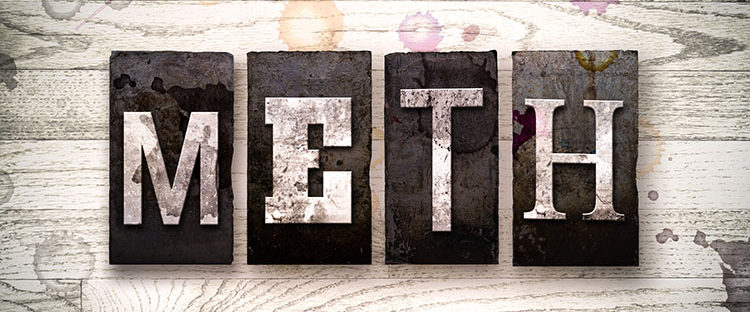Methamphetamine, or meth, is one of the most devastating drugs someone can take. Meth works by forcing the brain to pump dopamine – a neurotransmitter that induces and elevates the mood and creates a high in the person taking the drug. While there are many different activities that can increase dopamine in a person’s brain, drugs can hijack the brain and force the brain to secrete more dopamine than is healthy and typical.
Meth is a powerful drug and is habit-forming, which opens the door to the potential for addiction and long-term consumption. When used over a long period of time, meth destroys dopamine receptors in the brain.
Symptoms of a Meth Addiction
There are certain telltale signs and symptoms to look for if you believe you or someone you love has a meth addiction. These symptoms include weight loss (because meth stops your brain’s hunger centers from becoming activated), dehydration, decreased libido, osteoporosis (because bones and teeth become more easily breakable as a result of meth use, skin abscesses (due to injecting the drug into the skin rather than a vein), elevated body temperature, and sleep deprivation (due to constant stimulation impacting the need for sleep).
Treatment for Meth Addiction
Treating an addiction to meth can be difficult, as it requires comprehensive detoxification courses. The first step in treatment includes purging the presence of meth from an addicted individual’s body and helping them reacclimate to functioning without the use of the drug. Since there can be significant psychological damage to a person’s mind over time due to use of the drug, treatment should also address rehabilitation of the mind. Treatment for meth should include showing former users of the drug how they can regain the ability to function in everyday life without going back to old behaviors of seeking out the drug.
Treatment After Rehab
At Tharros House in the Boston area of Massachusetts, we work with people who have already completed some form of treatment. We believe that learning how to live life without picking up a drink or a drug is critically important, but only half of the process. At Tharros, we focus on skills to maintain sobriety, but also on helping each client build a life that they want to live in sobriety. To learn more about our approach and get answers to common questions, please visit https://tharroshouse.com/faq/.


